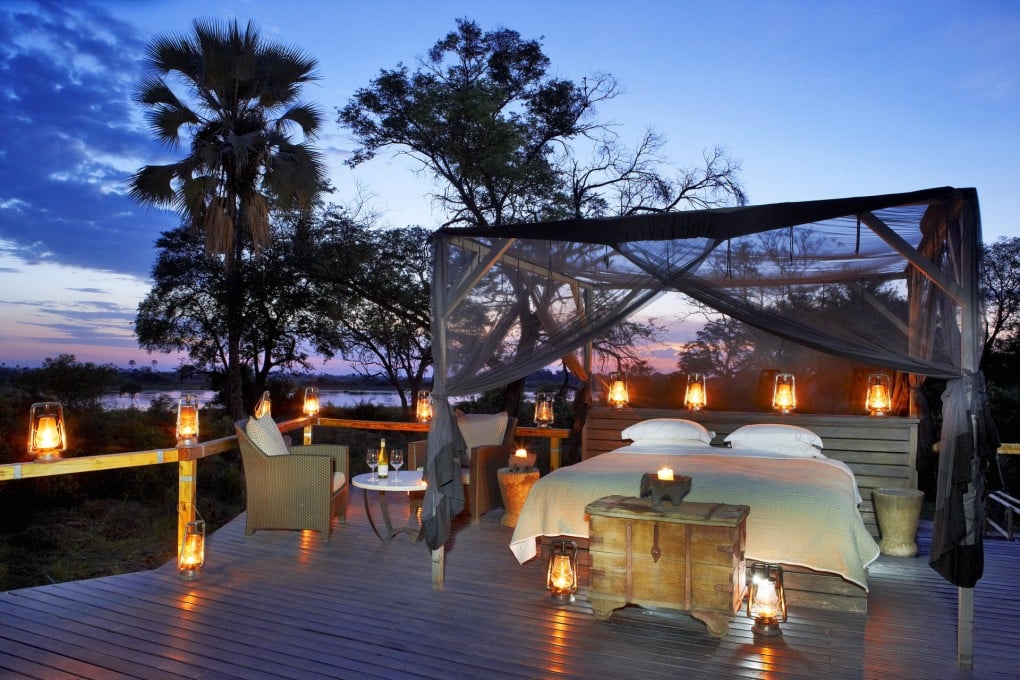Botswana's safari lodges offer opulence in the wild
Stretched in green and gold glory as far as the eye can see, the African bush has a primal allure that takes your breath away. The Okavango Delta in Botswana adds blue to the canvas, with tranquil waterways reflecting the sky. Herds of elephants splash their way towards grassy islands, and sunsets can be paddled into, rippling like satin. An oasis in an otherwise arid country, the Okavango is an inland delta recognised as a Unesco World Heritage site. Every year from March to August about 11 cubic kilometres of water spreads over a 15,000 sq km area, drawing one of Africa's greatest concentrations of wildlife.

Stretched in green and gold glory as far as the eye can see, the African bush has a primal allure that takes your breath away. The Okavango Delta in Botswana adds blue to the canvas, with tranquil waterways reflecting the sky. Herds of elephants splash their way towards grassy islands, and sunsets can be paddled into, rippling like satin.
An oasis in an otherwise arid country, the Okavango is an inland delta recognised as a Unesco World Heritage site. Every year from March to August about 11 cubic kilometres of water spreads over a 15,000 sq km area, drawing one of Africa's greatest concentrations of wildlife. All this additional water ultimately evaporates. The Okavango Delta is a mirage that lives up to its promise.
American writer Edward Abbey claimed that: "Wilderness is not a luxury, but a necessity of the human spirit."
At the Okavango's private safari camps the wilderness is pristine, and luxury is as intrinsic to the experience as spotting Africa's Big Five. Once the prized trophies of Ernest Hemingway, Denys Finch Hatton and other great white hunters, elephants, rhinos, buffaloes, leopards and lions are again masters of their own destiny.
Shooting on safari may be a thing of the past, but the sumptuous style of the colonial hunting days remains. Back then, grand entourages wound their way through inhospitable terrain carrying ball and claw baths and the finest crystal. When night fell, hunters enjoyed every creature comfort, far from civilisation. Reliving this experience today involves a two-hour flight west from Johannesburg to Maun, then short hops in light aircraft into the delta itself. Here private safari camps belie their humble monikers to provide visitors with incomparable luxury in pristine natural surroundings.
Escaping the confines of a plane into this natural kingdom you find yourself drinking in the fragrant air.